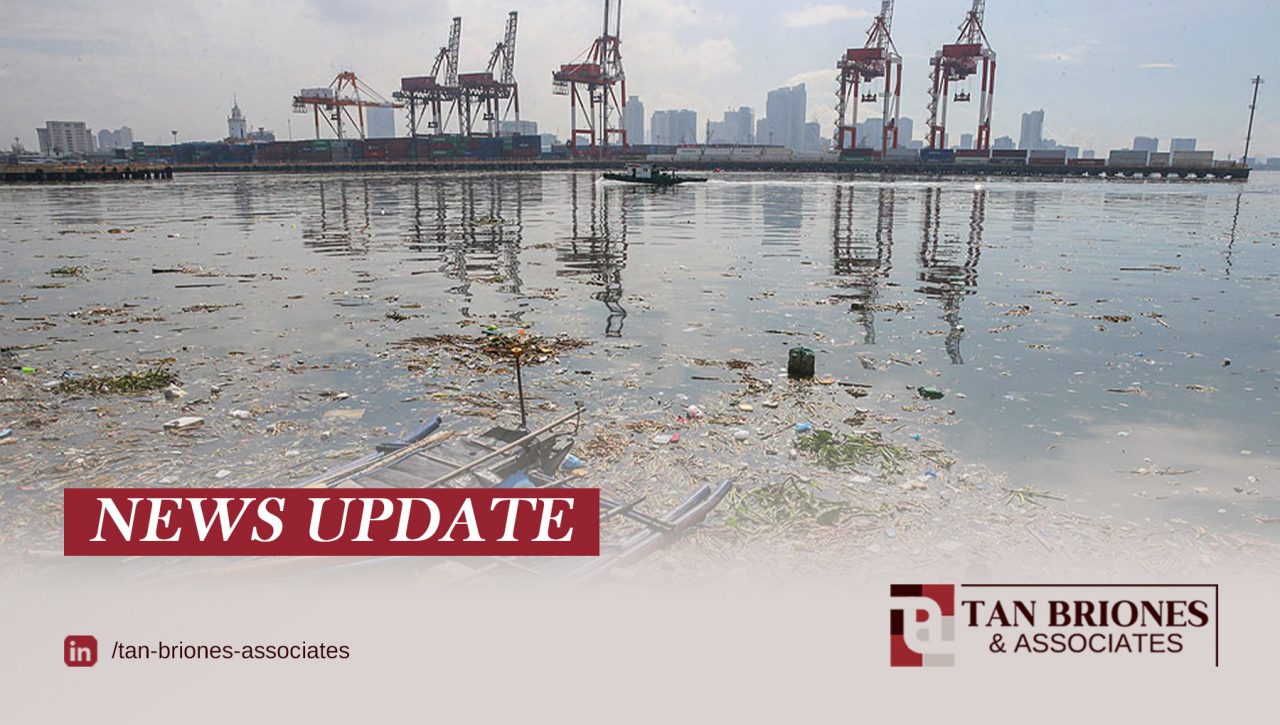
The House of Representatives has passed a bill that mandates environmental assessment system for all policies, plans, programs, and projects in a bid to strengthen sustainable development and ecological protection across the country.
House Bill No. 11093, or the Philippine Environmental Assessment System Act, mandates Strategic Environmental Assessments (SEA) for national and local policies, plans, and programs, as well as Environmental Impact Assessments (EIA) for specific projects.
These assessments are designed to evaluate potential environmental, health, and socio-economic impacts at the planning stages of development, ensuring that sustainability is prioritized before execution.
“This bill is a clear testament to our collective responsibility to protect our environment and ensure that development is done responsibly,” said Speaker Ferdinand Martin Romualdez, adding that “It is a vital tool for balancing progress with sustainability.”
A key objective of the bill is to assess cumulative environmental impacts, including risks to biodiversity, water, air, and land, especially for high-risk activities like resource extraction and large-scale infrastructure projects.
HB 11093 establishes the Philippine Environmental Assessment System (EAS), requiring major projects to obtain a Certificate of Proponent’s Environmental Commitment (CPEC) from the DENR to ensure compliance with environmental safeguards and mitigation measures.
Violators will face fines of PHP 5 million to PHP 20 million for operating without a CPEC, with additional penalties of up to PHP 10 million for non-compliance with environmental plans, and possible suspension or shutdown of operations.
The bill also emphasizes public participation, creating multi-partite monitoring teams (MMTs) of government agencies, local governments, NGOs, and affected communities to oversee compliance with environmental guidelines.
In addition to mandatory assessments, the bill introduces a financial guarantee mechanism, requiring project proponents to allocate funds—such as trust funds, insurance, or cash deposits—for the immediate cleanup or rehabilitation of environmental damages.
To enhance transparency, the DENR will be tasked to create a knowledge management system to consolidate SEA and EIA reports, with public summaries to enable independent monitoring of the measure’s implementation.
Follow Tan Briones & Associates on LinkedIn for more legal updates and law-related articles.







